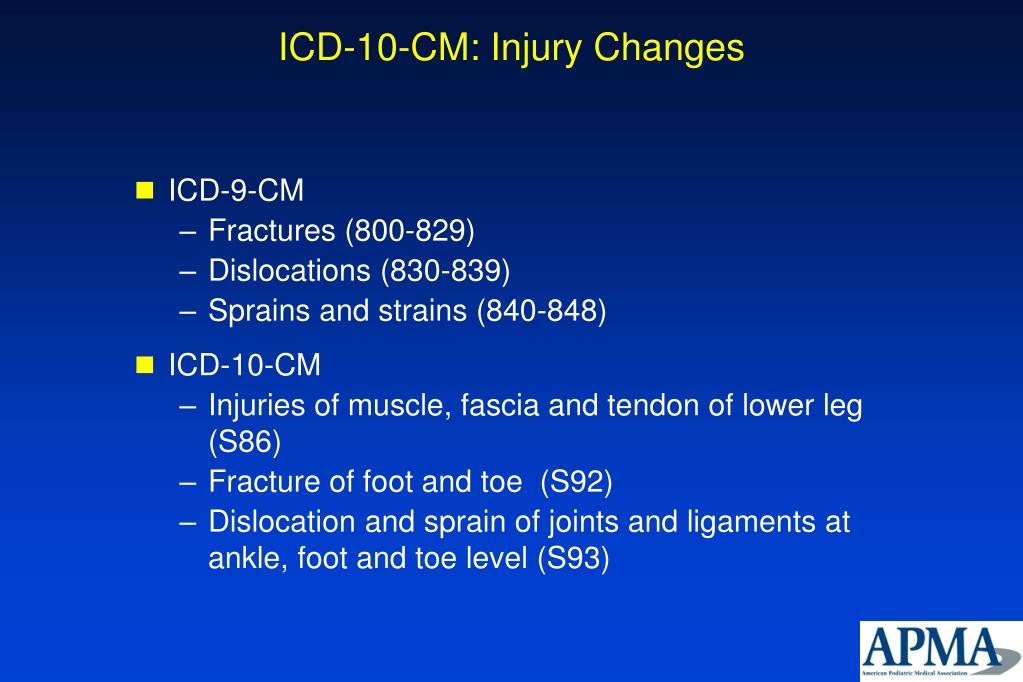
The researchers also found that patients who had sepsis were more likely to develop PTSD. Researchers have already recognized that ICU stays can trigger PTSD, which can last for years.Īccording to a 2013 Johns Hopkins study that looked at PTSD after ICU stays, people with a history of depression were twice as likely to develop PTSD after being in an ICU.

Many sepsis survivors also report symptoms of post-traumatic stress disorder (PTSD). Others complain of seemingly unrelated problems, like hair loss that may occur weeks after their discharge from the hospital. These lasting physical issues can be explained, but there is more to PSS that cannot yet be explained, such as the disabling fatigue and chronic pain that many survivors experience. Other organs may be damaged as well, such as the kidneys or liver. Another study, published in 2012 in the journal Shock, researchers found that sepsis survivors may be more vulnerable to developing viral respiratory (lung) infections. Damage to the lungs can affect breathing. Blood clots and poor blood circulation while they were ill may have caused gangrene, resulting in amputations of fingers, toes, or limbs. What causes post-sepsis syndrome?įor some patients, the cause of their PSS is obvious. Since the risk of infection – and sepsis – is higher after recovery, sepsis survivors should speak to their healthcare provider about infection prevention, including necessary vaccinations. They are also more likely to have PTSD if they were treated in a pediatric ICU. The researchers found that 44% of the children who had been in septic shock had cognitive difficulties compared with healthy children. The numbers could actually be higher as another study that included teachers who evaluated students who had had sepsis. About 34% of pediatric sepsis survivors are not back to pre-sepsis functioning for at least 28 days after their hospitalization. In addition, one in six survivors find they have difficulty remembering things, concentrating, and making decisions.Ĭhildren can also live with lasting issues related to sepsis. The odds of acquiring moderate to severe cognitive impairment were 3.3 times higher following an episode of sepsis than for other hospitalizations.” The authors wrote, “ …60 percent of hospitalizations for severe sepsis were associated with worsened cognitive and physical function among surviving older adults. Changes in mental status can range from no longer being able to perform complicated tasks to not being able to remember everyday things. Their problems ranged from no longer being able to walk to not being able to participate in everyday activities, such as bathing, toileting, or preparing meals. PSS can affect people of any age, but a study from the University of Michigan Health System, published in 2010 the medical journal JAMA, found that older severe sepsis survivors were at higher risk for long-term cognitive impairment and physical problems than others their age who were treated for other illnesses. The risk of having PSS is higher among people admitted to an intensive care unit (ICU) and for those who have been in the hospital for extended periods of time. Decreased cognitive (mental) functioning.Reduced organ function, eg kidney, liver, heart.Repeat infections, particularly in the first few weeks and months following the initial bout of sepsis.Shortness of breath, difficulty breathing.



 0 kommentar(er)
0 kommentar(er)
